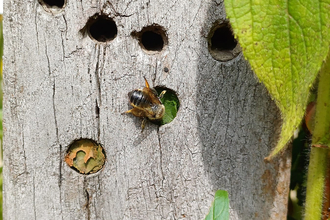
The fascinating leaf-cutter bee
The leafcutter bee is a solitary bee known for its unique behaviour of cutting leaves to construct its nests. These bees play a vital role in pollination, making them important contributors to…

The leafcutter bee is a solitary bee known for its unique behaviour of cutting leaves to construct its nests. These bees play a vital role in pollination, making them important contributors to…
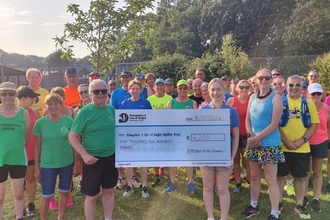
In January 2024, Stubbington Green Runners organised their annual Stubbington 10K Race. Each year the group donate proceeds to selected charities. This year, Hampshire & Isle of Wight Wildlife…
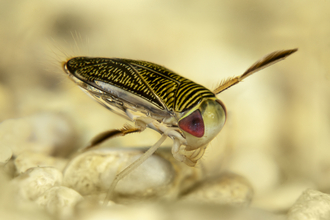
As the lesser water boatman prepares to dive, it has an ingenious method for prolonging its journey. Let's take a look at the unique features of this aquatic insect.
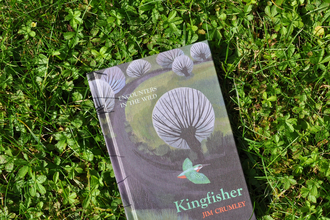
This month, we've been reading 'Kingfisher' by Jim Crumley - an evocative retelling of encounters with this iconic species.
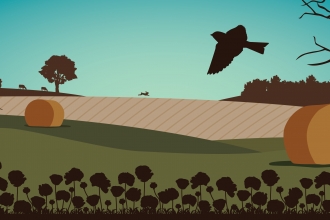
The policy of Biodiversity Net Gain (BNG) provides a key opportunity, but currently, exemption loopholes are undermining the policy, and must be addressed urgently if we are to deliver a nature-…
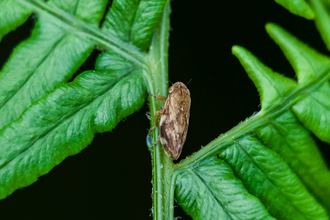
The common froghopper (Philaenus spumarius) is capable of the most remarkable physical feat, rivalling anything on show at this year’s summer Paris 2024 Olympics. At around 5-7mm long, this…
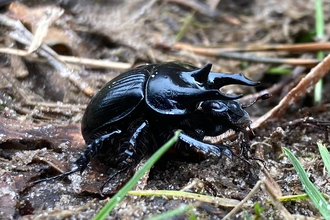
The Minotaur is a ferocious creature from Greek mythology, half bull, half man, known for eating humans! So which creature is worthy of carrying on the Minotaur’s name in the real world? That…
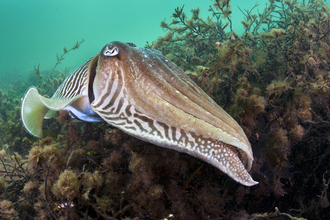
During National Marine Week dive into the magical underwater world and celebrate all things marine…including what lies underneath the waves of the Solent!
The common cuttlefish (Sepia…
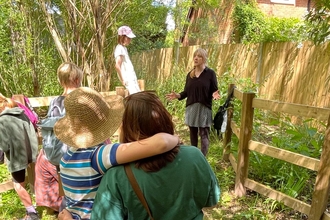
Hampshire residents were immersed in the wild world of chalk streams this June, with a special literature festival held by the Watercress and Winterbournes scheme.
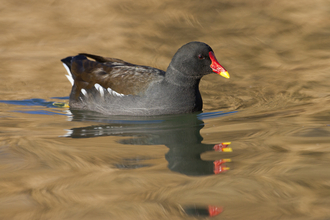
Coots and moorhens are often seen on our chalk streams, but it can be tricky to tell them apart. Here are some tips for identifying these black water birds.